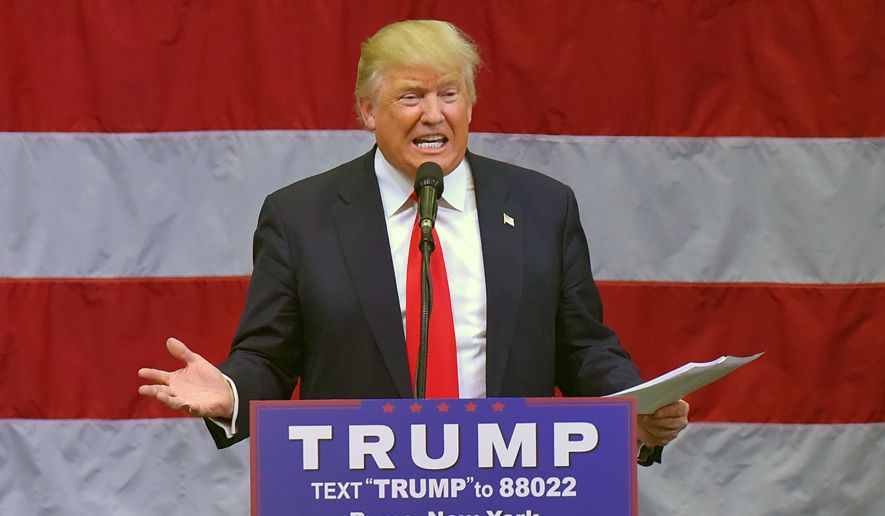Plank to Revive Glass-Steagall Added to Party Platform
For those who paid attention to Bernie Sanders’s quixotic bid for the presidency, one very clear theme stood out. Sanders essentially built his campaign around the need to regulate and break up the big banks. Coming from a self-avowed socialist, this wasn’t a particularly groundbreaking concept.
However, Sanders’s message gained traction in the Democratic Party. Sanders was able to capitalize on Hillary Clinton’s perceived Wall Street ties, and his “revolution” grew. While his comrades weren’t able to secure him the nomination, he was able to push Hillary to the left on this issue. Apparently, he found a political soulmate with Donald Trump, as well.
Per The Hill, the Republican Nation Convention has called for language reinstating the banking regulation Glass-Steagall into the party platform. Glass-Steagall, when passed in 1932, separated commercial banks from their investment-banking brethren. However, many attributed it’s 1999 repeal under President Clinton as a main cause of the 2008 financial crisis.
To many, this appears to be clear ploy by Trump to capitalize on disaffected Sanders supporters. While Clinton will continue to have a difficult time explaining her relationship with Wall Street, Trump will in fact be maneuvering from her left.
This can be disconcerting news for those who wanted a fiscally conservative alternative to Clinton. Instead of analyzing the root causes of what makes some banks become so big, Trump has taken the easy way out. It doesn’t take much political courage to play to the masses, even if it would be at the economy’s expense.
The Economic Ramifications
Reinstating Glass-Steagall could prove devastating to an already-weak economy. With all of the financial regulations already in place, it is almost impossible for small banks to function. The government has created an environment where only big banks, with their cadre of lawyers, can afford to navigate all the rules.
If Trump and the RNC want to promote small banks, they should look at alleviating the regulations that makes their existence near-impossible.
In reality, the repeal of Glass-Steagall may have actually softened the financial crisis. Allowing weak banks to merge together, regardless of their status as investment or commercial, may have saved a lot of pain. Now, Trump wants to take a sledgehammer to these banks, scattering them to the wind.
By pursuing his typical shoot first, ask questions later approach, Trump ignores the conditions that fostered the 2008 crisis and is liable to recreate them. By ignoring how artificially-low interest rates and government-backed, high risk loans set the stage for a bubble economy, he will likely let them get away with it again.
If Trump won’t acknowledge that the government, not the market, created incentives for banks to package and circulate bad housing loans through the economy, he can’t be trusted not to create the same environment.
Trump and the RNC have sold out to the special interests that have long had a hold on the Democratic Party. While Republicans used to make at least some paltry effort into promoting free market principles, this move to reinstate Glass-Steagall is the final nail in their coffin.
Trump has strung his campaign along as an anti-free trade Republican. While the platform planks aren’t binding, they are indicative of the direction a party is likely to go. If the voters do not hold Trump accountable for his grandstanding, the market ultimately will.




